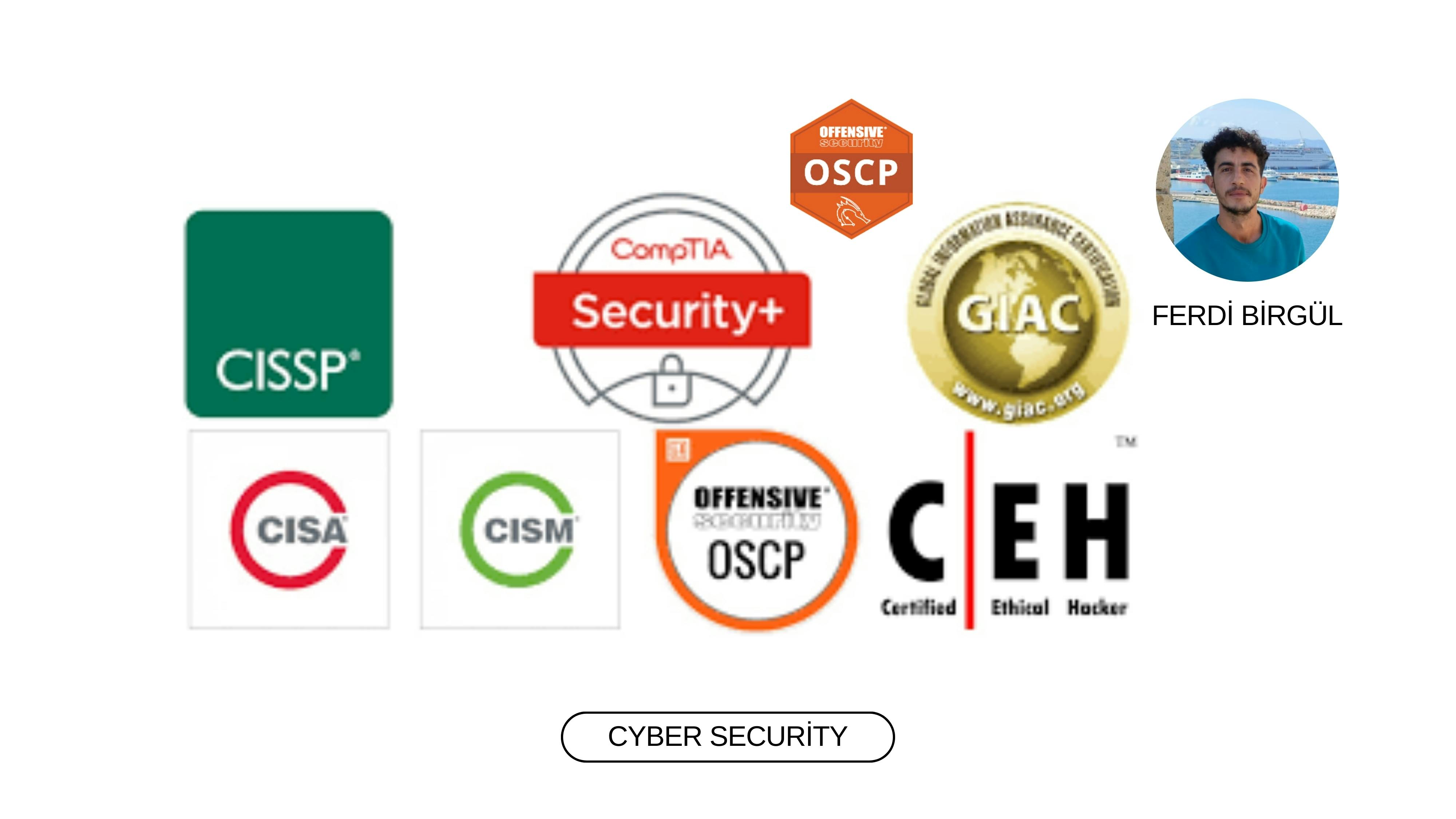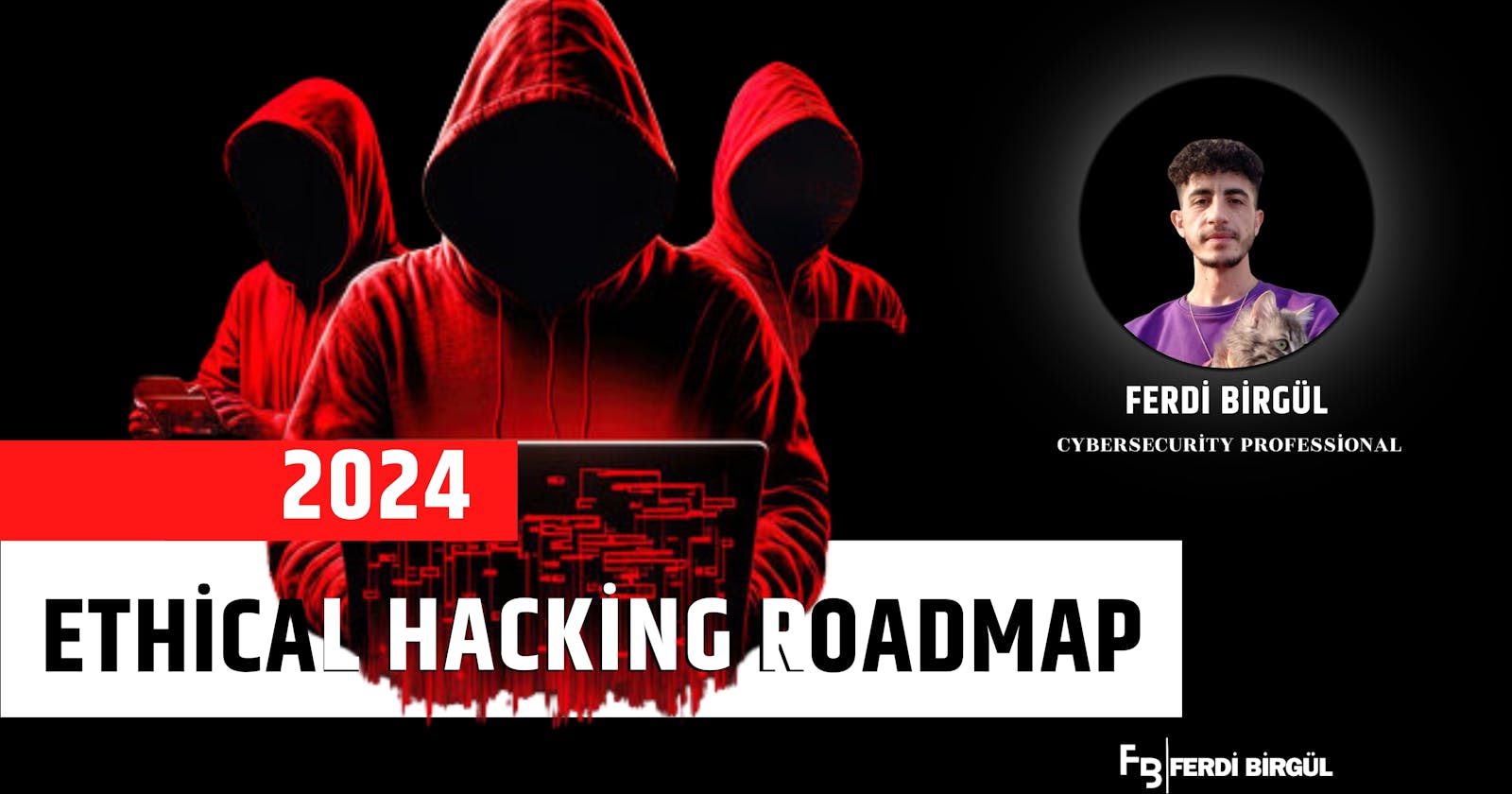Embarking on an ethical hacking careercan be both an exciting and challenging journey. In a digital age where cyber threats evolve at a breakneck speed, the demand for skilled cybersecurity professionals has skyrocketed. This ethical hacking guide is tailored to usher you through the dynamic cybersecurity career path,ensuring you grasp the essence of ethical hacking and acquire the tools needed to excel in this critical industry. With a systematically structured roadmap, you're set to progress from a novice enthusiast to a cybersecurity expert, ready to tackle the complex challenges of protecting digital assets.
Introduction to Ethical Hacking
Welcome to the dynamic and critical world of ethical hacking. This ethical hacking introduction sets the foundation for aspiring cybersecurity professionals, providing an essential cybersecurity essentials landscape. We’ll explore what ethical hacking entails and dispel some of the myths surrounding this fascinating domain.
An ethical hacking overview maintains that it’s not about the clandestine activities in dark, back alleys of the internet that pop culture often suggests. Rather, ethical hacking is a legal and structured discipline aimed at improving system security. Ethical hackers are the good guys of the cyber world, deploying the same skills as malicious hackers but with permission and towards constructive ends—to identify and fix vulnerabilities before they can be exploited.
"As technology becomes progressively intertwined with all aspects of business, the value of ethical hackers"
Moving past misinterpretations, we establish that ethical hacking serves a noble purpose: protecting sensitive information assets against the ever-increasing cyber threats. With cyber-attacks escalating in frequency and sophistication, the demand for skilled ethical hackers continues to surge.
To step into the shoes of an ethical hacker means to embrace a mindset of constant vigilance and innovative problem-solving. Join us as we embark on this compelling journey to understand ethical hacking and its pivotal role within the broader realm of cybersecurity essentials.
Understanding the Basics of Ethical Hacking
The realm of cybersecurity is constantly evolving, and at its core lies the practice of ethical hacking—a discipline that not only demands in-depth technical knowledge but also a strong adherence to ethical guidelines. Understanding the fundamentals of ethical hacking is essential for any cybersecurity enthusiast aiming to make a positive impact in protecting digital assets.
What Is Ethical Hacking?
Ethical hacking means it's okay to get past security to find possible data leaks and dangers in a network. The company that owns the system consents to the cyber attack simulation so that vulnerabilities can be discovered and remedied. Unlike bad hacking, this is a planned, allowed, and most importantly, legal process. Ethical hackers aim to investigate the system or network for weak points that malicious hackers could exploit or destroy.
Different Types of Hackers
White hat hackers, or ethical hackers, are the good guys of the hacker world. They help protect systems from illicit intrusions by finding and fixing vulnerabilities. On the other side, black hat hackers are individuals who exploit these weaknesses for personal or financial gain. Additionally, there are grey hat hackers, who may violate ethical standards or laws, but do not have the malicious intent typically associated with black hat hackers.
| Hacker Type | Objectives | Legality |
| White Hat (Ethical Hackers) | Improve system security, uncover vulnerabilities | Legal |
| Black Hat | Exploit vulnerabilities for illegal gain | Illegal |
| Grey Hat | May or may not be legal, motivated by the thrill | Ambiguous |
The Importance of Ethical Hacking
Ethical hacking holds significant importance within the cybersecurity field, as it allows for proactive defense against imminent cyber threats. By simulating cyber attacks, ethical hackers uncover vulnerabilities from the perspective of an adversary. This allows organizations to fix security issues before they are exploited. Moreover, ethical hacking demonstrates a commitment to cybersecurity and the protection of sensitive data, which is critical in a time when digital information is both precious and vulnerable.
.

Ethical Hacking Roadmap
Your ethical hacking journey begins with a solid foundation in IT, progresses through a series of educational and professional milestones, and culminates in a rewarding career safeguarding cyber assets. The ethical hacker career progression is not linear but requires a strategic approach, building upon each skill learned. Below, we lay out a comprehensive ethical hacking study path designed to guide you every step of the way.
Basic IT and Networking Knowledge
Understand computer systems, networks, and the Internet.
Grasp the fundamentals of operating systems like Windows, Linux, and MacOS.
Programming Proficiency
- Learn programming languages such as Python, JavaScript, or C++ to write scripts and understand code vulnerability.
Cybersecurity Principles
- Study core cybersecurity concepts including threats, defenses, encryption, and access control.
Hands-On Practice
- Engage in ethical hacking labs, capture-the-flag competitions, and sandbox environments.
Gain Certification
- Obtain certifications like Certified Ethical Hacker (CEH) to validate your skills.
Professional Experience
- Work in IT security roles such as security analyst or network engineer to gain practical experience.
Specialization and Continuing Education
- Pursue advanced studies and specialize in areas like penetration testing or cybersecurity management.
The trajectory of an ethical hacker career can be better understood through this visual representation:
| Stage | Focus Area | Recommended Actions | Outcomes |
| 1. Preparatory Learning | IT Fundamentals | Enroll in basic IT courses, get familiar with core systems. | Establish a solid base in fundamental IT principles. |
| 2. Technical Skill Development | Programming and Cybersecurity | Start with Python or JavaScript, study cybersecurity essentials. | Achieve proficiency in coding and an understanding of security principles. |
| 3. Applied Knowledge | Real-World Experience | Participate in lab environments and simulations, attend workshops. | Gain practical skills and hands-on expertise in ethical hacking. |
| 4. Industry Certification | Credential Acquisition | Prepare for and attain CEH or other cybersecurity certifications. | Earn credentials that endorse your ethical hacking abilities. |
| 5. Career Advancement | Job Experience and Specialization | Seek employment in security roles, consider specializations. | Advance your career and potentially move into leadership positions. |
Embarking on an ethical hacking journey is a commitment to continuous learning and adaptation. As the cybersecurity landscape evolves, so must the ethical hacker. Through dedication and perseverance, the ethical hacker career progression can lead to a fulfilling and impactful occupation within the tech industry. The ethical hacking study path is your roadmap to success.
Key Skills Required for Ethical Hackers
Success in the field of ethical hacking requires a comprehensive skill set that encompasses myriad aspects of information technology and cybersecurity. To emerge as a proficient ethical hacker, there are certain competencies and proficiencies one must acquire and continuously develop. These skills form the crux of what it takes to uncover system vulnerabilities, fend off cyber attacks, and protect sensitive data.
Fundamental IT Skills
Becoming an ethical hacker entails a deep understanding of the computational fundamentals. This includes proficiency in operating systems such as Linux and Windows, knowledge of system and network configurations, and an insight into computing processes. Foundational IT skills pave the way for more advanced cybersecurity competencies that are vital in assessing and strengthening a system's security posture.
Proficiency in Programming Languages
Programming is an invaluable skill for ethical hackers, as it aids in scripting custom tools, analyzing code for vulnerabilities, and understanding how malicious hackers operate. Programming knowledge allows ethical hackers to develop their own solutions when existing tools are insufficient. Key languages to master may include Python, C, JavaScript, SQL, and Bash, which are instrumental in various ethical hacker skills.

Networking and Cybersecurity Principles
To effectively secure a network, ethical hackers must be equipped with thorough knowledge of network security protocols and concepts such as firewalls, VPNs, and intrusion detection systems. An understanding of common vulnerabilities and exploits directly informs the strategies they implement. In addition, ethical hackers must remain up-to-date with the latest trends and techniques in both networking and cybersecurity to maintain robust defense mechanisms.
Computer networking fundamentals and devices
Network security measures and monitoring
Identification and prevention of network-based attacks
Encryption standards and protocols
Acquiring Certifications
The pursuit of establishing oneself in the realm of cybersecurity often culminates in achieving professional ethical hacking certifications. These credentials serve as a testament to one’s proficiency and dedication towards upholding the security of digital infrastructures. Individuals gearing up to take the CEH exam or any other ethical hacking assessments are stepping into a verification process that not only enhances their skillset but also amplifies career prospects in this burgeoning field. This section unpacks the pivotal steps and considerations behind selecting the right ethical hacking certifications.
Choosing the Right Ethical Hacker Certification
Selecting which cybersecurity credentials to pursue is pivotal, as the right certification can significantly boost an ethical hacker's marketability. Aspirants should consider certifications that are recognized across the industry for their rigor and relevance to contemporary cybersecurity challenges. Moreover, candidates must align their choice of certification with their career objectives and specialized areas of interest within ethical hacking.
Certified Ethical Hacker (CEH) Certification
The Certified Ethical Hacker (CEH) credential stands out as a distinguished achievement amongst cybersecurity certifications. Administered by the EC-Council, the CEH exam rigorously tests a candidate’s ability to think and act like a hacker (albeit, a legal one), using the same knowledge and tools to outsmart malicious hackers. By earning the CEH certification, professionals prove that they have what it takes to protect and secure systems with the mindset of a skilled adversarial operative.
Other Recognized Ethical Hacking Certifications
Offensive Security Certified Professional (OSCP) – A hands-on penetration testing certification that requires successful exploitation of various systems in a controlled environment.
Certified Information Systems Security Professional (CISSP) – Ideal for those seeking a broader overview of cybersecurity principles and management-level credentials.
CompTIA Security+ – A foundational certification that covers a wide range of introductory cybersecurity topics.
GIAC Penetration Tester (GPEN) – Focuses on pen-testing methodologies and cyber-defense tactics.
These certifications, alongside the CEH, form an array of options for professionals seeking to validate their ethical hacking expertise. When contemplating which pathway to embark upon, consider the certification body's reputation, the exam's content and structure, and the opportunities it may unlock in the cybersecurity domain. Ultimately, the right ethical hacking certifications will serve as a cornerstone for a resilient and adaptive career in cybersecurity.
The Role of Books and Resources
Navigating the road to cybersecurity expertise demands a well-stocked arsenal of educational tools. Among these indispensable resources, books, particularly the highly recommended Certified Ethical Hacker book, stand out as beacons of knowledge. Coupled with dynamic online materials, these resources facilitate not just learning but also effective engagement with a vibrant cybersecurity community.
Finding the Best Ethical Hacking Books
Selecting top-tier ethical hacking learning materials can often be overwhelming, given the plethora of options available. Focus on books that not only cover fundamental concepts but also walk you through advanced hacking techniques with practical scenarios. Look for editions that are frequently updated to keep pace with the rapid evolution of cyber threats.
Effective Use of Online Ethical Hacking Resources
The internet is awash with guides, tutorials, and forums dedicated to ethical hacking. To best utilize these online resources, bookmark websites that offer up-to-date information, vernacular explanations, and interactive learning platforms. This holistic approach to online study aids in assimilating complex concepts with greater ease.
Networking with the Ethical Hacking Community
Engagement with the global cybersecurity community can not be undervalued. Participation in online forums, local meetups, and international conferences opens doors to mentorship, insider knowledge, and firsthand experience of dealing with emergent hacking strategies. Embedded within this community are insights that are often not found in textbooks.
| Resource Type | Benefits | Examples |
| Books | Detailed theoretical explanations, structured learning | Certified Ethical Hacker (CEH) Handbook |
| Online Platforms | Interactive tutorials, current trends, community support | HackerOne, Cybrary |
| Community Engagement | Mentorship, networking, real-world problem-solving | DEF CON, Security BSides |
Conclusion
Embarking on the ethical hacking path is a journey that requires perseverance, curiosity, and a fervent passion for technology and cybersecurity. Throughout this article, we've navigated the myriad facets of building a cybersecurity career, particularly focusing on becoming a professional ethical hacker. The roadmap delineated here serves as a beacon, guiding you through the various terrains of skill acquisition, certification, and practical application. As you advance along this path, remember that each step is pivotal, cementing your reputation as a capable guardian in the digital realm.
As the cybersecurity landscape continuously morphs, professional ethical hackers are compelled to stay abreast of the latest security trends, vulnerabilities, and defensive tactics. This dynamic field demands a commitment to continuous learning and an adaptable mindset. By rigorously enhancing your proficiency and embracing industry changes, you solidify your stance in a career that not only offers personal fulfillment but also contributes significantly to the global digital security apparatus.
Let this guide be the catalyst to your cybersecurity career advancement. Embrace the ethical hacking path with diligence and resolve, and you will find yourself among the ranks of esteemed cybersecurity professionals. Your dedication to mastering the art of ethical hacking is not just a personal achievement, but a contribution to a safer digital world for everyone.
FAQ
What is an ethical hacking roadmap and why is it important?
An ethical hacking roadmap is a structured guide that outlines the steps to become an ethical hacker, from acquiring basic IT skills to obtaining certifications and mastering advanced techniques. It is important because it provides a clear path for individuals interested in pursuing a career in cybersecurity and equips them with the necessary skills and knowledge to protect against cyber threats.
What are some common myths about ethical hacking?
Common myths include the idea that all hackers are criminals, ethical hacking is illegal, and that it doesn't require formal education or training. In reality, ethical hackers are professionals who use their skills to improve security, ethical hacking is legal and often performed with permission, and a thorough education and training are essential for success in the field.
Can you classify different types of hackers?
Yes. Hackers can be classified based on their intentions and actions. White hat hackers are ethical hackers who work to bolster security systems. Black hat hackers engage in illegal activities for personal gains or to cause harm. Grey hat hackers operate in a moral grey area, sometimes breaking the law but not necessarily for malicious purposes.
Why are ethical hackers essential for cybersecurity?
Ethical hackers play a vital role in cybersecurity by identifying vulnerabilities and weaknesses in systems before malicious hackers can exploit them. They help reinforce the security measures of information assets, ensuring data privacy and protecting against cyber attacks.
What fundamental skills do I need to become an ethical hacker?
To become an ethical hacker, you should have a strong foundation in information technology, be proficient in programming languages (such as Python, JavaScript, or C++), and understand networking and cybersecurity principles extensively. These skills allow you to identify and mitigate cyber threats effectively.
How does one choose the right ethical hacker certification?
Choosing the right ethical hacking certification involves assessing your current skill level, career objectives, and the recognition of the certification within the industry. Research and compare various certifications, such as the Certified Ethical Hacker (CEH) or others, to determine which aligns best with your goals.
What is the Certified Ethical Hacker (CEH) certification?
The Certified Ethical Hacker (CEH) certification is a prestigious credential offered by EC-Council that equips individuals with the knowledge and skills to identify vulnerabilities in computer systems ethically. It ensures that the certified professional adheres to a code of ethics and is trained in the latest cybersecurity practices.
Besides the CEH, what other ethical hacking certifications should be considered?
Other recognized ethical hacking certifications include Offensive Security Certified Professional (OSCP), CompTIA PenTest+, and Certified Information Systems Security Professional (CISSP), among others. Each offers unique benefits and specializations, so it's essential to research and decide which one aligns with your career trajectory and skill set.
How can books and other resources enhance my ethical hacking skills?
Books such as the "Certified Ethical Hacker book" and various online resources provide in-depth knowledge of ethical hacking techniques, tools, and best practices. Leveraging these materials can significantly enhance your skills by providing you with a broader perspective and understanding of the field. Additionally, engaging with the ethical hacking community can offer valuable networking opportunities, mentorship, and practical insights into the industry.
What is the significance of networking within the ethical hacking community?
Networking within the ethical hacking community is crucial for professional growth. It allows you to connect with peers and experts, share knowledge, and learn from others' experiences. Staying engaged with the community also helps in keeping abreast of the latest cyber threats, tools, techniques, and industry trends, which is essential for continuous learning in the dynamic field of cybersecurity.
